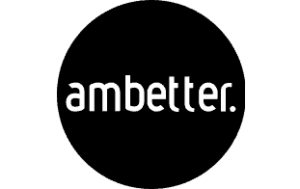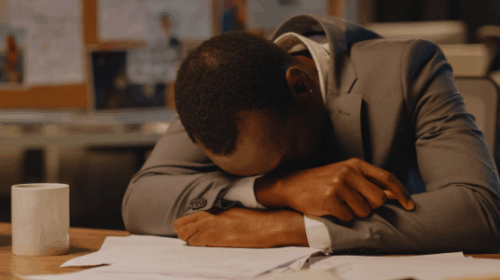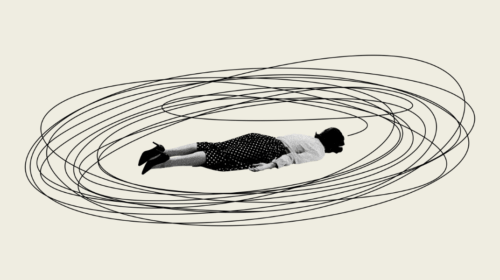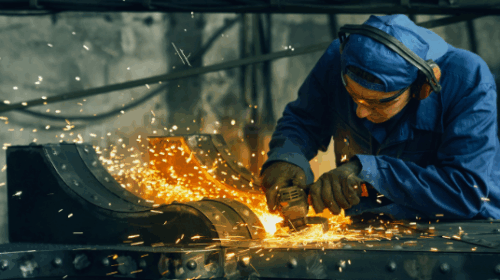Everyone wants a village, but do you know how to be a villager?
Human beings are hardwired for connection. According to Maslow’s hierarchy, the need for belonging comes just after safety and survival. But in the past century, many of the structures that once supported that need have faded. Tight-knit neighborhoods, extended families, shared rituals, and community events are becoming more of a rarity in a world that theoretically should be more connected than ever.
With the introduction of the internet, humans have participated in an unprecedented amount of casual information sharing and a solidarity that, during a global pandemic, was a lifeline; but it also allowed misinformation and divisive ideologies to spread much faster and without regulation. In the years since stay-at-home orders were lifted, humanity feels more cynical, less engaged, and unprepared to establish the relationships that have for so long been imperative to the progress of our species. With anxiety, depression, and loneliness continuing to rise, many of us will have to confront an uncomfortable reality: We no longer know how to be a part of a community.
Those lifetime bond we crave won’t happen after one attempt. Or two. Or ten. If you want to belong to a community, you’ll need to be intentional, consistent, and ok with being imperfect.
Daunting as this may sound, it can be accomplished through small acts of caring and by showing up as your best self. Below, read about 5 habits that will help you be the villager other people need in their village.
- Be the One Who Breaks the Silence
We wait for others to initiate because we’re scared of being too much—or worse, not enough. But most people are walking around with their own wall up, hoping someone else will make the first move. Be that person. Say something honest. Ask a question. Mention how your day went. Vulnerability invites vulnerability.
- Start with What You Already Do
You don’t have to reinvent your life to build community. Look at what’s already part of your week—work, the gym, a support group, a local coffee shop—and be a little more present there. Make small talk. Make eye contact. Make a habit of showing up. Familiarity builds trust. And trust builds connection.
- Feed the People
Literally or otherwise. Bring snacks to a meeting. Share your playlist. Drop a meme into the group chat. Offer a ride. Host something casual like a movie night or a “nobody has to clean their house” hangout at the park. You don’t need a five-course dinner or matching charcuterie boards. You just need to extend a little warmth.
- Ask for Something
This one feels counterintuitive, but it works. Ask for someone’s opinion, and listen. Ask your coworker to walk with you after work. Ask your neighbors if they want to host a neighborhood garage sale. People want to feel useful. Let them show up for you, themselves, and the communities they’re a part of. Relationships are built on shared experiences, especially the ones that require a little trust.
- Keep Showing Up
Rome wasn’t built in a day, and neither are relationships. They grow through consistency. You don’t need a big circle, just a few people who see you regularly enough to know when something’s off. So keep showing up. To the meeting. To the group chat. To the version of yourself that’s open to connection, even if it feels awkward at first.
We All Need People
We all want people who will check in, show up, and care. But if we want that kind of village, we have to be willing to act like villagers.
Start small. Say hi to your neighbor. Ask someone to coffee. Join a group, even if you don’t feel ready. Go to the meeting. Start the conversation. Share a piece of your story.
This month, we’re challenging you to look around and ask yourself if you’re happy with your surroundings. If the answer is no, take the first step. There’s no perfect formula for building community, but there is one truth: it doesn’t build itself.
At Recovery Unplugged, we believe healing happens in community. Whether you’re in recovery, supporting someone who is, or simply looking for deeper connection, you don’t have to do it alone. Our programs are designed to help people rebuild their lives with support, purpose, and belonging—one step, and one villager, at a time.























